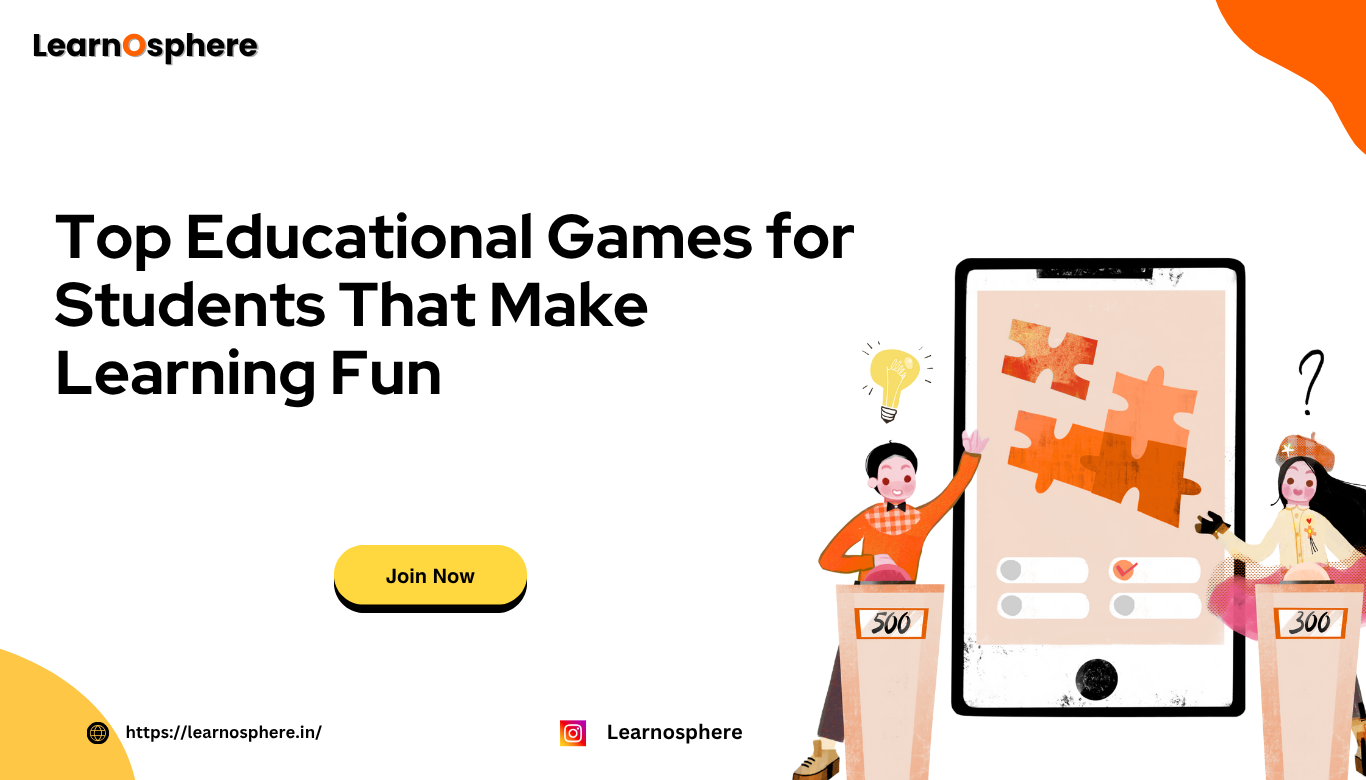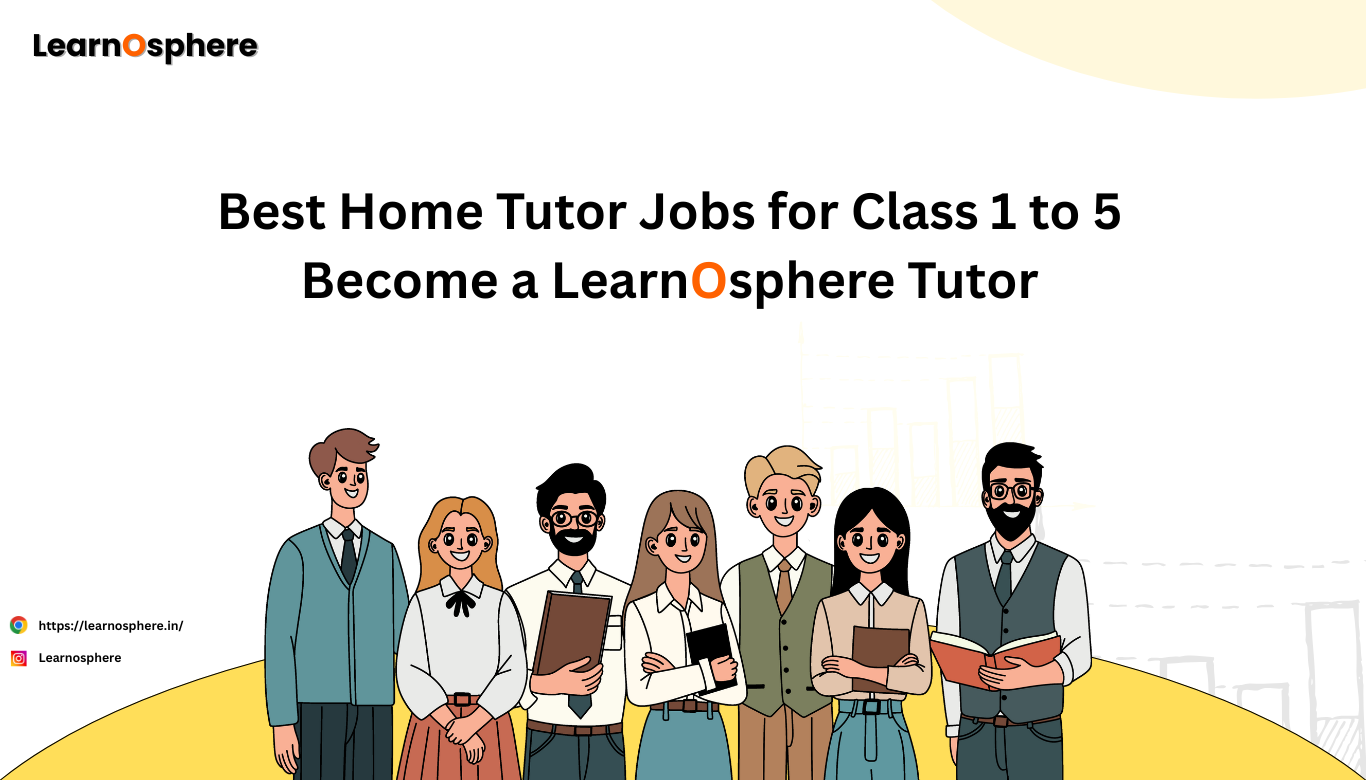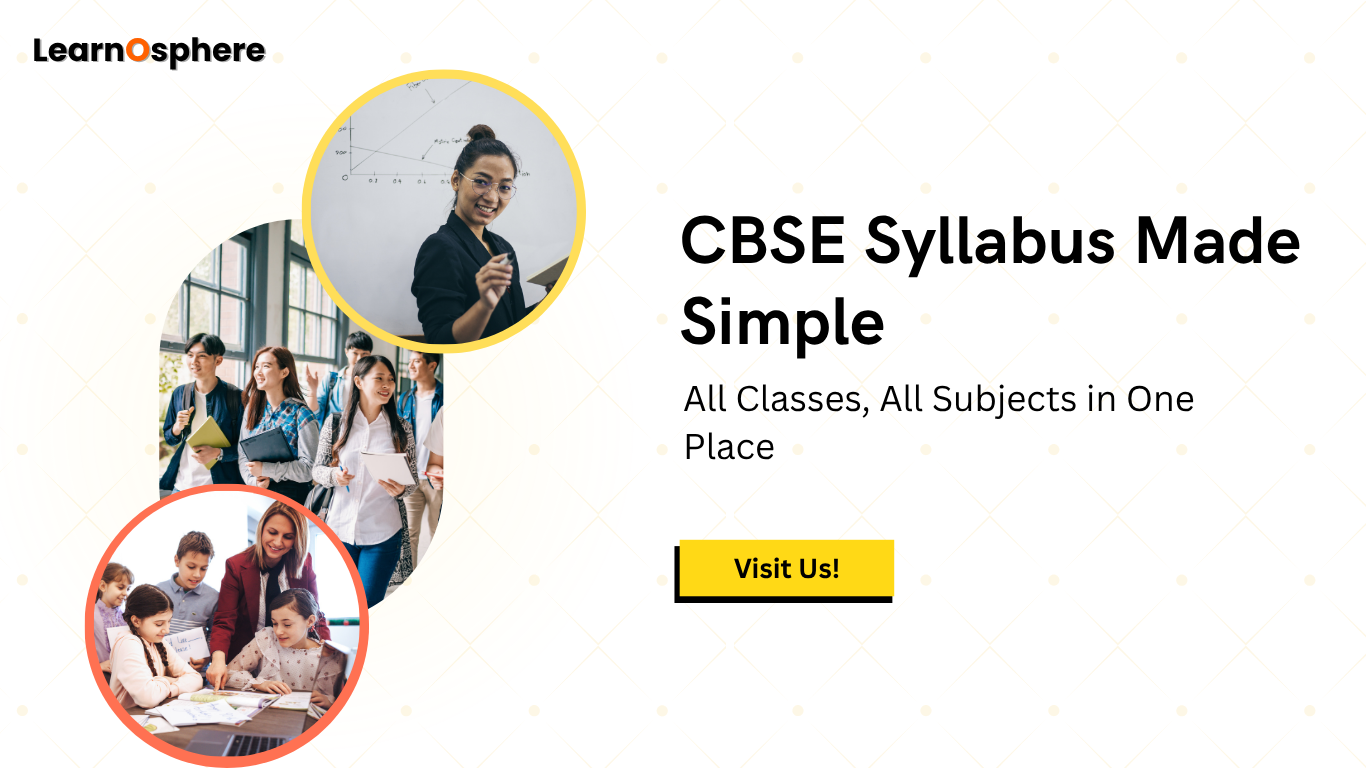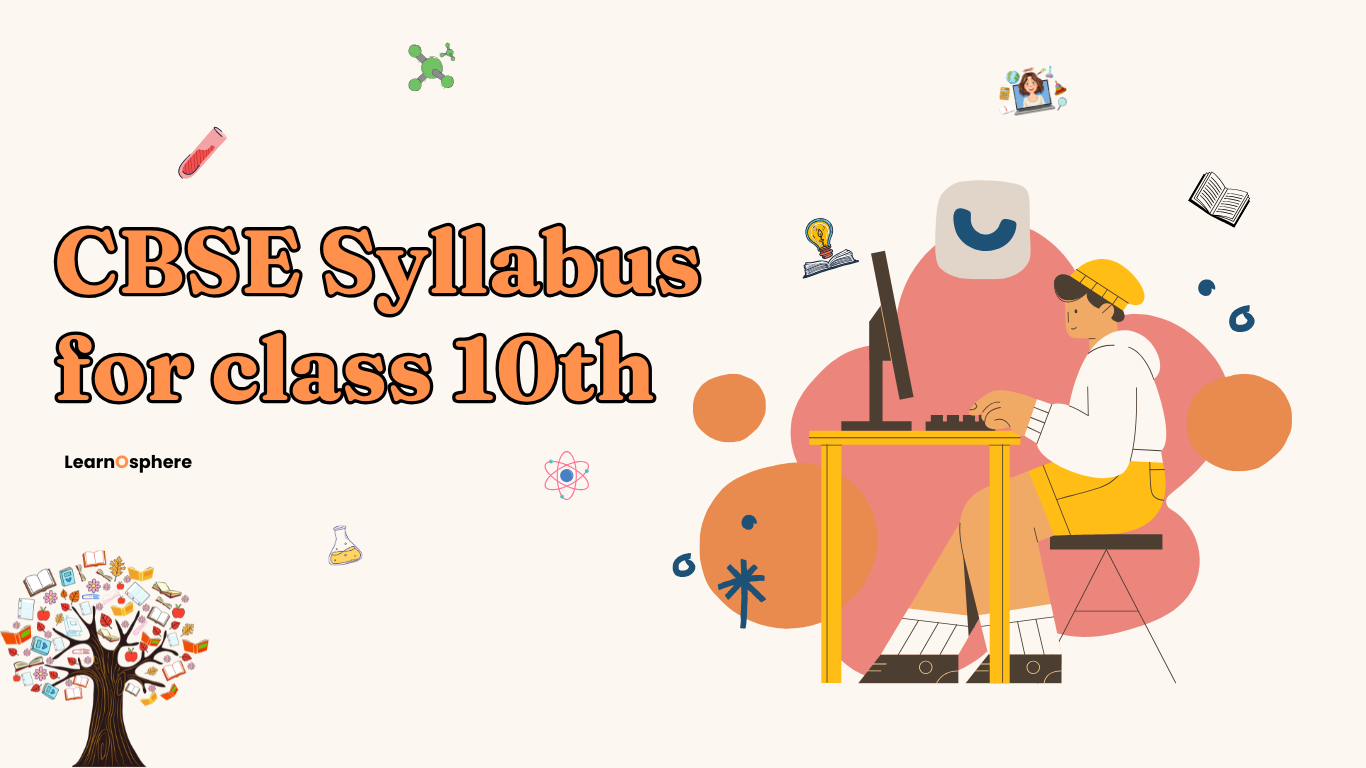Let’s be honest — most students these days would rather play a game than read a textbook.
And guess what? That’s not a bad thing.
Because when used the right way, educational games can boost learning, improve memory, and make boring subjects like math and science actually fun. Whether you’re a parent, teacher, or student looking to level up the learning experience, this blog will walk you through the best educational games for students in India and beyond.
What Are Educational Games?
Educational games are games designed with the purpose of teaching or reinforcing knowledge while keeping players entertained. These games use interactive methods to help students understand complex topics through:
- Quizzes
- Puzzels
- Simulations
- Adventure challenges
And the best part? Students feel like they’re playing, not studying.
Why Are Educational Games So Effective?
- Boost engagement and attention span
- Improve problem-solving skills
- Reinforce the school curriculum
- Motivate students with rewards and challenges
- Track learning progress in real time
Now, let’s explore some of the top-rated and most-loved games that students in India (and globally) are loving right now. This list of educational games for students is designed to cater to the diverse needs of various age groups and learning styles.
Top Educational Games for Students (Class 1 to 12)
Here’s our curated list of the best educational games for learning at home, school, or even during tuition with platforms like Learnosphere.
Kahoot!
Best For: Quiz-based learning (Class 4–12)
What It Teaches: General knowledge, science, math, grammar
Why Students Love It: Live quizzes, fun themes, instant feedback
Prodigy Math Game
Best For: Classes 1–8
What It Teaches: Math concepts through fantasy adventures
Why It’s Awesome: Students battle creatures using math problems — no pressure, all fun!
Duolingo
Best For: Language learners (All ages)
What It Teaches: English, Spanish, French, Hindi, and more
Fun Element: Gamified learning, streaks, XP rewards
Minecraft: Education Edition
Best For: Classes 6–12
What It Teaches: STEM, history, coding, creativity
Standout Feature: Real-world simulations and collaboration
Osmo Learning System (for Tablets)
Best For: Kids aged 4–10
What It Teaches: Reading, spelling, math, drawing
Unique Approach: Combines physical toys with digital interaction
BrainPOP
Best For: Classes 5–10
What It Teaches: Science, social studies, English, tech
User Experience: Animated lessons + quizzes + games
Whether it’s a Class 3 English class or Class 10 Science revision, our tutors use tools like Kahoot, Prodigy, and Quizizz to make sessions fun and effective.
Final Thoughts:
If your child hates studying, don’t panic. Maybe it’s not the subject, but how it’s being taught.
These educational games turn screen time into learning time, helping students stay engaged and actually enjoy learning.
And here’s something even better:
Learnosphere not only connects you with top home tutors but also offers fun, curriculum-based online quizzes for Classes 1 to 12.
So whether your child is learning math in Class 3 or preparing for board exams in Class 10, there’s always a fun, interactive way to practice and revise.
What are the best educational games for students in 2025?
Some of the best educational games in 2025 include Prodigy Math Game, Kahoot!, Duolingo, BrainPOP, and Minecraft Education Edition. These games are designed to make learning interactive, personalized, and fun for students from Class 1 to 12.
Are there free educational games available for school students?
Absolutely. Platforms like Kahoot, Prodigy, and Duolingo offer free versions for students. Many educational platforms like Learnosphere also integrate quizzes and gamified learning into their tuition programs.
Which educational games help with math and science?
For math, Prodigy and Math Playground are popular. For science, students love BrainPOP, Legends of Learning, and Minecraft: Education Edition with science packs. These games align with CBSE and ICSE topics.
Can educational games be used during online tuition?
Yes! Many tutors and platforms like Learnosphere integrate educational games into their teaching to make online classes more engaging, especially for Classes 1 to 8.
<script type="application/ld+json">
{
"@context": "https://schema.org",
"@type": "FAQPage",
"mainEntity": [
{
"@type": "Question",
"name": "What are the best educational games for students in 2025?",
"acceptedAnswer": {
"@type": "Answer",
"text": "Some of the best educational games in 2025 include Prodigy Math Game, Kahoot!, Duolingo, BrainPOP, and Minecraft Education Edition. These games are designed to make learning interactive, personalized, and fun for students from Class 1 to 12."
}
},
{
"@type": "Question",
"name": "Are there free educational games available for school students?",
"acceptedAnswer": {
"@type": "Answer",
"text": "Absolutely. Platforms like Kahoot, Prodigy, and Duolingo offer free versions for students. Many educational platforms like Learnosphere also integrate quizzes and gamified learning into their tuition programs."
}
},
{
"@type": "Question",
"name": "Which educational games help with math and science?",
"acceptedAnswer": {
"@type": "Answer",
"text": "For math, Prodigy and Math Playground are popular. For science, students love BrainPOP, Legends of Learning, and Minecraft: Education Edition with science packs. These games align with CBSE and ICSE topics."
}
},
{
"@type": "Question",
"name": "Can educational games be used during online tuition?",
"acceptedAnswer": {
"@type": "Answer",
"text": "Yes! Many tutors and platforms like Learnosphere integrate educational games into their teaching to make online classes more engaging, especially for Classes 1 to 8."
}
}
]
}
</script>






